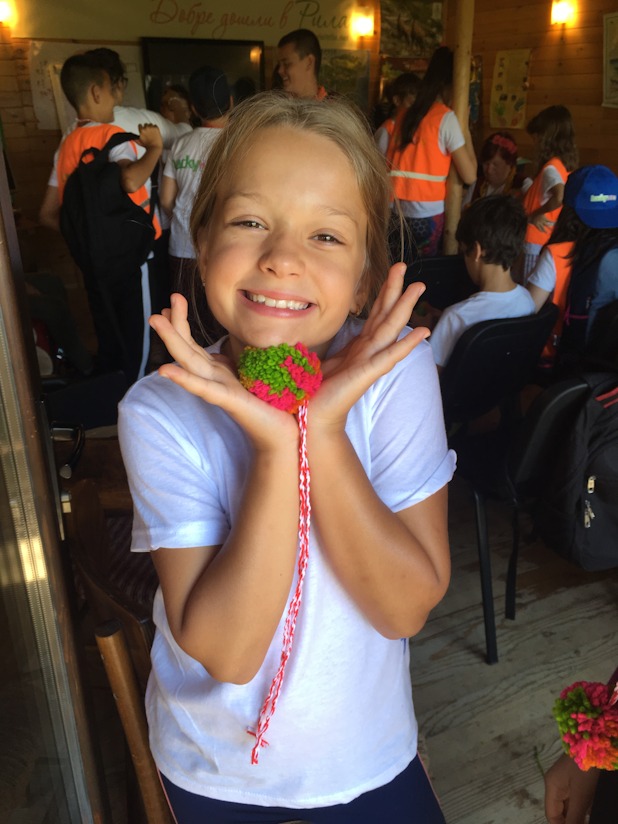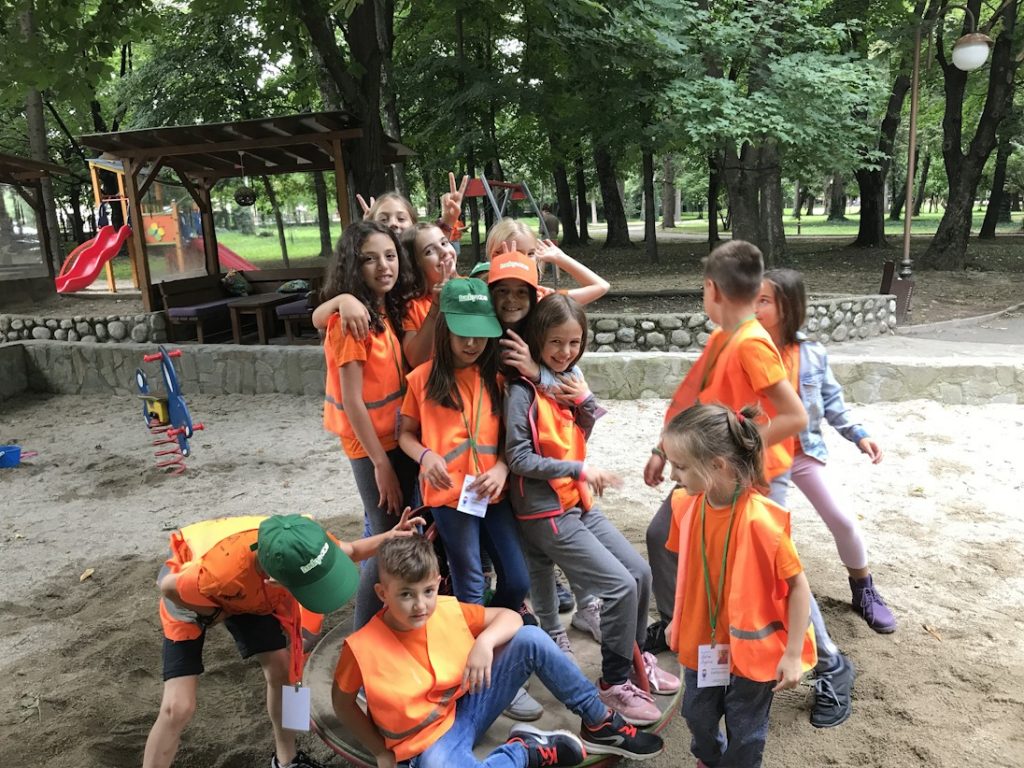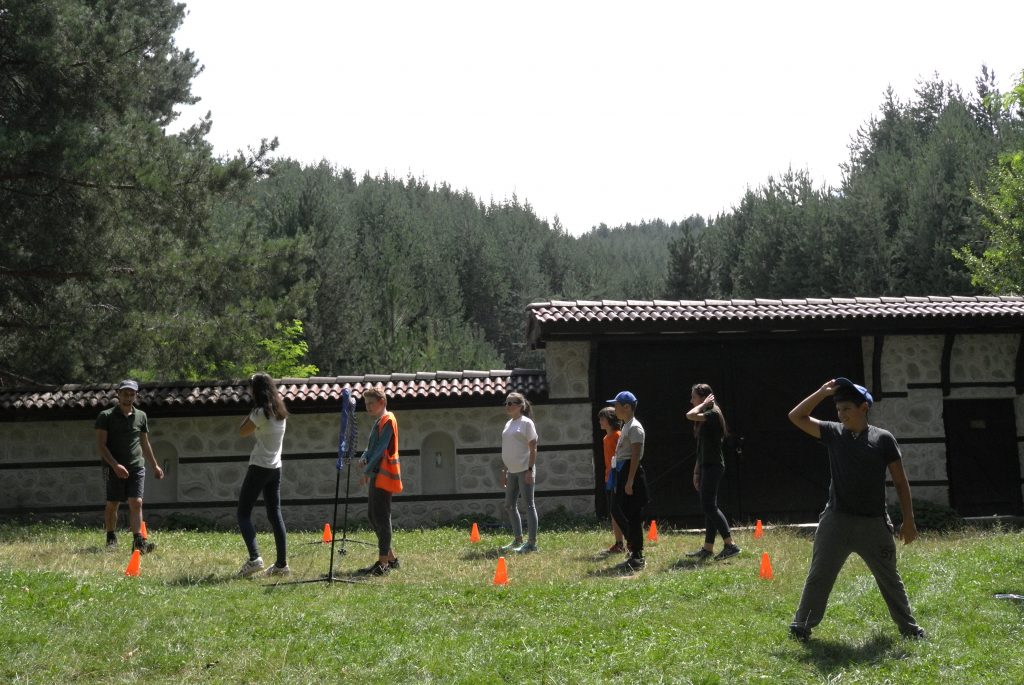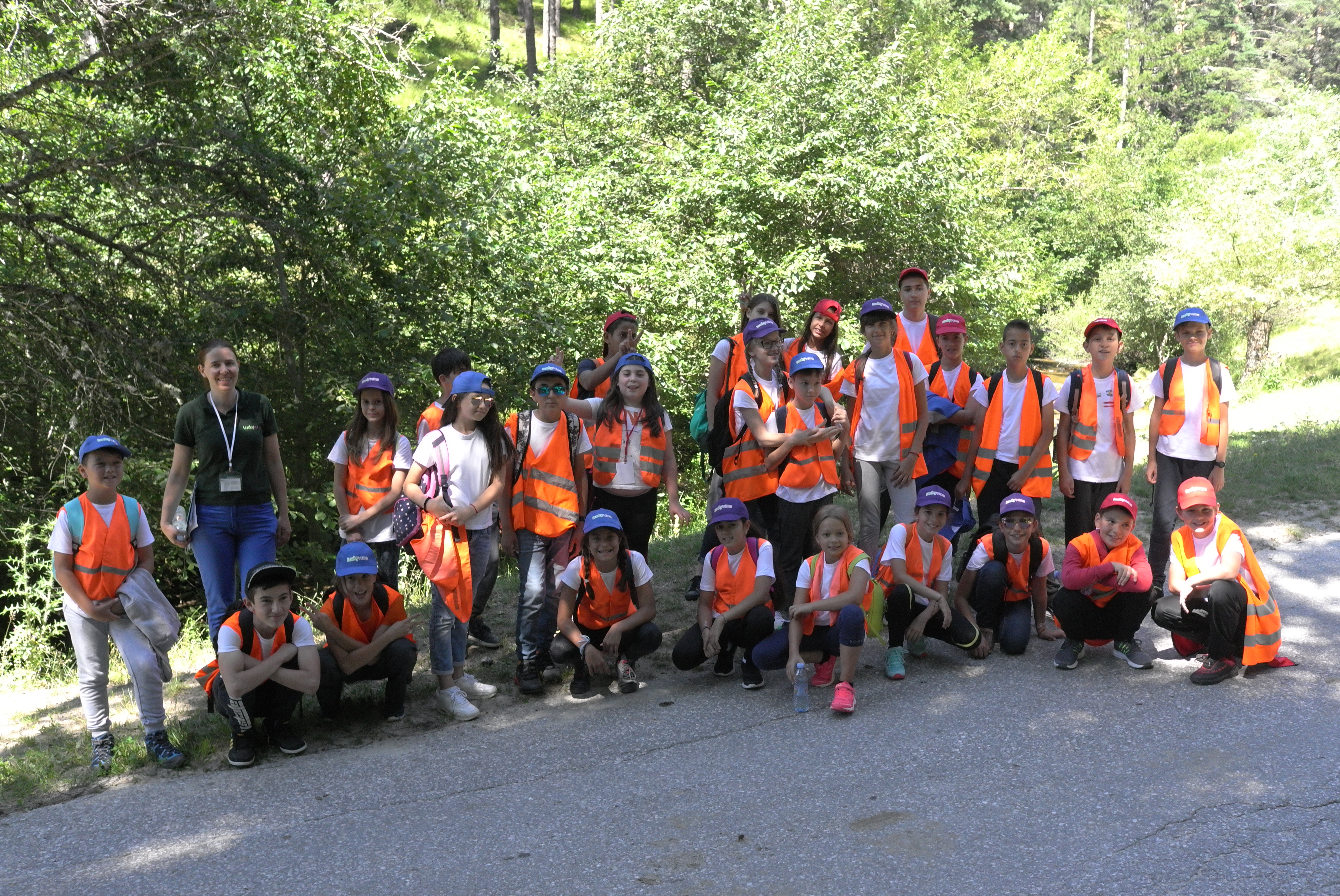Techniques, psychology, activities, sports
Social development of children is very important and every parent needs to pay close attention to it. It is essential in their growth, and we can even say that their well-being depends much more on these skills than on academic knowledge.
Generally, it is not a good idea to justify the child with his/her shyness or inertia; on the contrary, effective strategies are needed to overcome them. Also, the child needs to show social skills in society. It would be wonderful if the kids were taught to be interested in easily absorbing knowledge and useful skills from the world around and from their surroundings. It’s easy to say, but performance requires skills, patience and time.
The development of social skills starts at home. This is an important moment for the parents – preparing the child for real life outside. That is why we offer a short list of the initial social skills required for life that are involved in the growth and adaptation of children:
Adaptability
It is important for the kid to be able to adapt quickly to the environment. That’s why the child should not be hesitant to ask for help with regard to something that is difficult for him/her. There is no shame in seeking help, when the ultimate goal are positive results.
Compliance with the rules
Observing the rules is essential. If something has to be done in a certain way, there is no need to seek for another. Instructions have been given because of a specific reason and therefore they should not be ignored. This will make your kid more organized and flexible towards life events.
Accuracy and organization
The kid must be able to perform something in the way you assigned him/her to do it. Try to give the child a task and a specific time period within which he/she must be done with it! This will help the child to develop accuracy and high discipline. Things that can distract the attention of the kid during the implementation of the task should not be present.
Independence and self-sufficiency
Things that children learn at an early age are essential for their future. If your kid does not agree with regard to something that is not right according to his/her opinion, you should not perceive this as a bad behavior. In fact, it is something good, because it is the first step to independent decisions and your child will be able to defend his/her positions. If you encourage the kid to do so, this will develop his ability to think independently and will strengthen his connection with you as parents.
Respect and observing instructions
The child has to be able to put boundaries and to know where is needed to put those. Do not make the child explain why he/she is not willing to do your ultimatum! When you say “No!”, stick to your words, regardless of whether your child is trying to convince you to allow him/her to do the thing he/she has decided to do. In this way, the kid will learn that your word and decisions can not be ignored.
Dicretion and prioritizing
The kid must be free to express his/her opinion of something that was impressive, as well as to be able to pay attention to various situations, because this will expand his vision and will teach him/her to make the right decisions in terms of life events and to prioritize in the future.
Understanding and recognition of mistakes, appologies
When you are wrong, find strength and apologize to the kid, then teach him/her to do the same! It is very important for the child to be able to understand and recognize his/her mistakes, there is no need to feel ashamed, but the goal is to make an apology.
Dignity and emotional control
The child must be able to control himself/herself. Children should not show weakness, because when they become adults this may be used against them. Even the most difficult situations should be managed with dignity.
Recognition of mistakes and ability to move on
No one was born perfect. If your child makes a mistake, he/she should be able to accept the consequences or criticism when necessary. This is something good and all children should be aware of that fact.
TECHNIQUES AND SOCIAL SKILLS
The important aspects of the upbringing and social skills, according to Carl Rogers, the father of humanistic psychology in the United States, are awareness, empathy, unconditional positive perception. Rogers speaks of an unconditionally positive perception of the other, that is, of an unconditional faith in the ability of the human being to solve his problems alone and to develop skills for a better existence.
А. Technique of communication and understanding
Honest relationships and understanding are designed to help the child:
• To get in touch with himself/herself, to clarify their own motivation, inner
problems, behavior;
• Become more confident;
• Be less inclined to deny certain aspects of himself/herself;
• Become more mature, more generous, able to develop in terms of behavior.
Тhis technique is constantly being used by the teachers in LuckyKids.
B. Technique of creating and exercising psychological emotional control helps the child:
- To free himself/herself of the opinion of others; not to seek constantly their approval;
- To be in touch with himself/herself: be in touch with his/her inner world, be aware of all aspects, including not so pleasant ones (fear, instability);
- To be able to control the flow of emotions and to channel them into creative activities and not in destructive ones;
- To show empathy;
- To be flexible;
- Moderate in engagement;
- Be demanding with regard to emotional hygiene of others as well as of his/her own;
- To be sincere;
- To be a „living“ and „human“example;
- To be respectful;
- To give enough time to people and processes;
- To be tolerant;
- To be supportive;
- To be compassionate and to be able to feel empathy.
The social skills that we are developing on a daily basis in LuckyKids:

Self-sufficiency – or how children learn to respect social norms.
In fact, demonstrating self-sufficiency requires consideration of certain norms adopted in the society in which we live, as it implies not only being able to cope “on our own” without the help of others, but also to be able to tolerate other people.
Self-sufficiency involves taking responsibility, starting with self-care (personal hygiene and keeping clothing in good condition) and continuing with respect for others (eg being on time for meetings, for example). Each side of the self-sufficiency skill will be an integral part of the child’s life later, namely:
● To perform a task or activities within a specified time
● To be self-sufficient implies also, in our camp, everyone to work, observing rules, such as prescribed deadlines. At personal level, the deadlines we set to achieve our goals allow us to rethink and assess our progress.
- To organize his/her movement in the surrounding environment
- Being self-sufficient also means that you can organize your trips according to the means of transport at your disposal, without having to rely on others for mapping or selecting a route appropriate to a given situation.
Being able to orient in your personal story
Self-sufficiency means also knowing your past so you can fit into the present and work for your future. This means being aware of your family ties, joining family memory and culture (parents, grandmother and grandfather, ancestors) who make us realize ourselves, because they give us a certain place and identity not only in the family but also in the society we live in.
Being able to explain our choices with clear motives
Being self-sufficient also means that you can clearly explain to someone the various motives you have in mind when deciding, judging the consequences arising from it and ready to accept them.
Being able to use strategies that are adapted to our own needs
In addition to other things, to be self-sufficient means to manage to satisfy your human needs: first of all those related to living, but also social, to realize yourself.
Self-affirmation or how children show self-confidence and self-respect
Self-affirmation can not be developed without self-esteem, that is, without the knowing that you are capable of meeting the challenges, whatever happens to you, and knowing that you deserve to live happily (Branden).
- Self-affirmation implies that you can express yourself freely, that is to say, spontaneously, to express your opinion to the members of a group, to ask questions, to dare to express your opinion, to talk about yourself, and not to be discouraged from verbal or non-verbal messages from others.
- Self-affirmation, it also means to be able to present yourself in good light by using words and behaviors tailored to the social conditions in which you are.
- Self-affirmation also means being interested in what’s happening in your environment and showing a critical attitude towards the people and situations you encounter, thus taking part and finding your place in the society you live in.
- Self-affirmation means to be able to upgrade yourself, to take an active part in risky situations by taking on your energy; it also means taking initiative and responsibility in an uncertain and unfamiliar situation, not to despair despite the obstacles you encounter.
- Self-affirmation, this is to meet your future by realizing a project: to define your goal, to have short-term and long-term tasks and to use your strengths to realize them.

Communication or how children can communicate effectively
Communication plays a major role in the process of social and professional inclusion, as children/young people need to be able to communicate with different people in order to be socially and socially involved.
This leads to the development of the following skills that we work on in the LuckyKids summer language camp. The child has to:
● Understand the message (verbally or non-verbally), which it sent to him/her, and to be able to send self-explanatory messages corresponding to a specific context
* Be able to listen to others and himself, i.e. to hear the other’s point of view and to take it into account even if it differs from his own point of view, without of course discarding his own ideas.
● to be able to learn to enrich his/her own ideas by accepting the ideas of others and to begin to get to know himself/herself better, understanding what distinguishes him/her from different partners. To communicate is to learn tolerance, to talk to others even when not in agreement with them.
● Accept to work in a group and to have an important and positive role in it.
The camp life is a group life around the clock. That is why our rules for this way of life play an important role in the group’s everyday life.
The rules for living and working in the group that everyone is committed to observing and which are crucial to camp life include:
- Responsibility: I am responsible for what happens to me or not in the group.
- (Situations – emotions – reasoning).
- Action – reaction: I dare to take a position to defend my opinion.
- I set goals: something that I want for myself.
- Transforming negative criticism into advice: I have the right not to be satisfied and to say it, so my opinion to be taken into account. My criticism needs to be followed by suggestions for improvement.
- Respect for the one who is speaking at the moment: I do not interrupt the speakers, I do not speak all the time.

ACTIVITIES AND SPORT
It is important for us to teach children through experience and real situations. We believe that the child develops himself/herself through experience and that the kid can benefit if it realizes what this experience brings in the cognitive, emotional and rational aspect. Sports and varied activities are extremely helpful.
It is of utmost importance the children to be placed in situations where they have to “do something”, ie we should offer them situations in which they will be mobilized.
Starting from clearly defined goals, they will be offered:
● Exercises, discussions on specific topics;
● role-plays, simulations;
● Issues to resolve;
● different activities;
● reaching a final product;
● cultural, artistic, sporting activities.
Additional activities that are group, competitive sports or team sports help build independent, strong and well-trained individuals.
